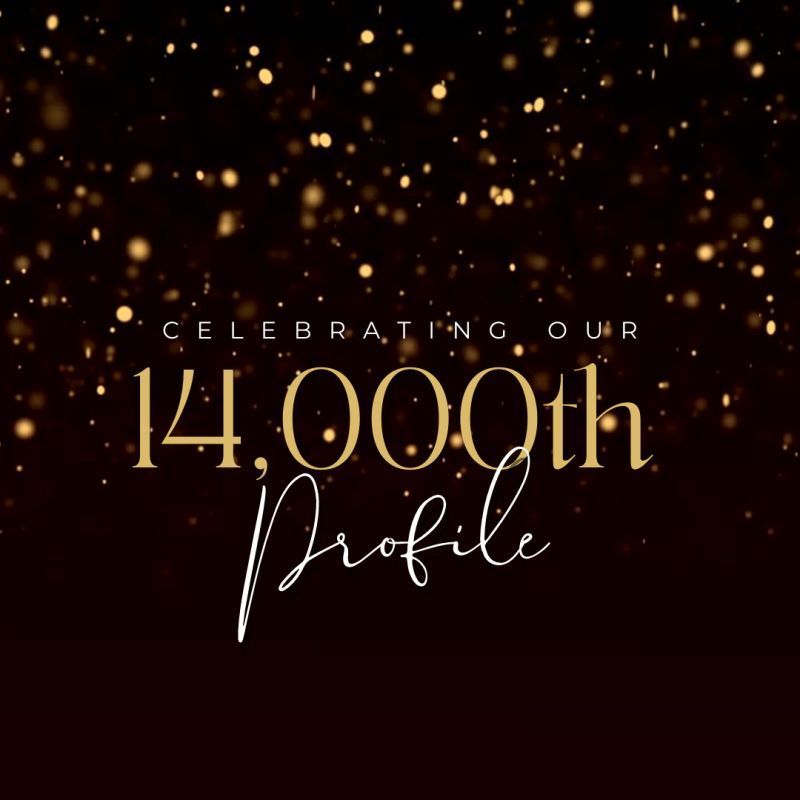Future leaders need a compass not a map
Simon Lovegrove - 25 November 2021
One of the biggest challenges of the future leaders is working out what the world is going to look like and how the role of leadership will fit into that world. The simplest, easiest framework I can think of is, no matter what, all future leadership roles will consist of ‘your business + tech’.
In 2011, Silicon Valley venture capitalist and creator of the first Internet browser, Netscape, Marc Andreessen wrote an essay called “Why Software is Eating the World”. He described how new companies built on software were ‘eating’ existing and disrupting previously dominant corporations.
Andreessen was prescient. He wrote that “over the next 10 years, the battles between incumbents and software-powered insurgents will be epic” — and specifically mentioned the likes of Google, Netflix, Square, Spotify, PayPal and Salesforce.
The idea that some of these companies that embraced software in 2011 would be market leaders and dominate the stock market would have been hard to get your head around. Equally, the notion that these same firms would dominate our discussions 10 years later would have been laughed at.
The pandemic has fast-forwarded the fact that ‘software is eating the world’. Andreesen has been proven right. Most things we ‘do’ in our businesses are related to, tied in with or made up mostly or entirely of software. The most junior person in our organisation has more tech tools, more information and more computational power than the CEOs of the world’s biggest companies did just two decades ago.
Let me bring this to life a bit. When he was 5, my son was amazed to hear that back in the day his dad had ‘learned’ to use a computer. … “You had to learn to use one!!?” The lesson of this event is that wherever you are in this generational shift, you are likely behind the curve.
Future leaders have to anticipate a world where bandwidth is unlimited and where unexpected convergences in sensors, networks, AI, robotics, 3D printing, virtual reality and augmented reality will create new business models.
Part of the problem is that our brains are literally hardwired to think locally and linearly. As such, it’s nearly impossible for us to fathom the implications of exponential change.
A metaphor that I like is ‘compass versus map’.
Maps are only good in known worlds that have been charted. Compasses are perfect for when no one has charted the territory.
Compasses work when you need to thrive in complexity. Leaders of the future will have to develop their own personal compass to gain their sense of direction, and forget the idea of a reliable map.
Instead of wanting a map to tell us exactly the way to our destination, what we really need is a compass to guide us. Sure, we may go off course, but with a compass on ‘true north’, we know we WILL get there.










